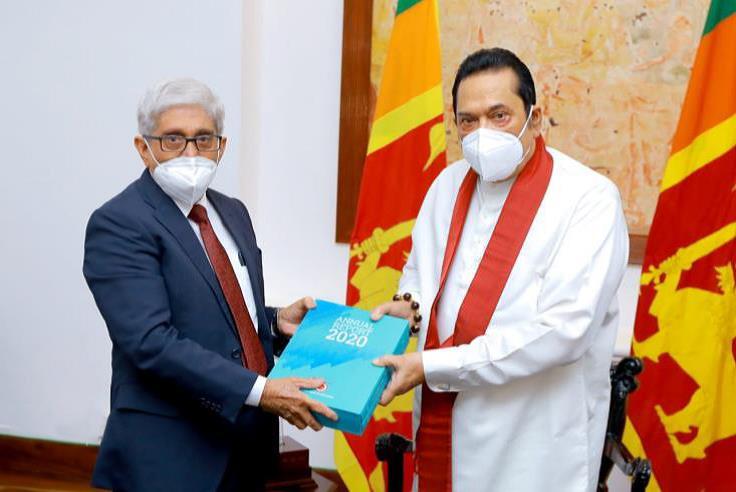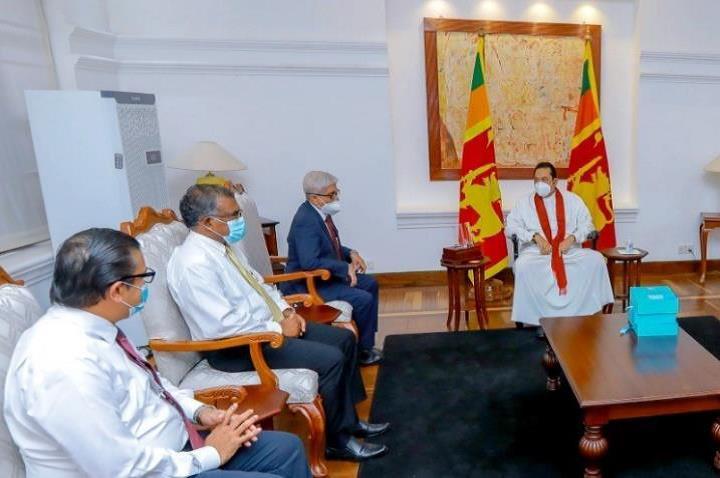The Sri Lankan economy, alongside the global economic downturn induced by the pandemic, contracted by 3.6 per cent in real terms in 2020, recording its deepest recession since independence, the Central Bank said in its annual report for 2020 released on Friday.
“The complex challenges encountered by the Sri Lankan economy in 2020 were efficaciously addressed through extraordinary policy interventions by the Government and the Central Bank. These interventions were essential to mitigate the socioeconomic impact of the spillovers of the COVID-19 pandemic and the resultant scarring of households and enterprises. Such interventions were also required to uphold the confidence in the economy, thereby averting acute stresses on macroeconomic and financial system stability. Mobility restrictions and other containment measures imposed locally and internationally, with a view to preventing the spread of COVID-19, hampered real economic activity across all sectors. The sharp contraction observed in industrial activities during the year was driven by the significant slowdown in construction and manufacturing activities. Services activities also registered a notable contraction due to the pandemic driven deceleration in transportation, other personal services, and accommodation, food and beverage services. The Agriculture sector, too, registered a contraction during the year as the impact of the pandemic outweighed the positive effects of timely policy support and favourable weather conditions. Investment expenditure contracted in 2020, reflecting subdued investor sentiments, while consumption expenditure displayed a marginal growth. The contraction of investment expenditure exceeded the reduction in national savings, resulting in a decline in the savings-investment differential in 2020. Meanwhile, the unemployment rate rose above 5 per cent for the first time since 2009, with a decline in the labour force participation rate, in the wake of uncertainties surrounding the pandemic. Reflecting the combined effect of the contraction in Gross Domestic Product (GDP) at current market prices and the depreciation of the Sri Lankan rupee against the US dollar, GDP per capita declined to US dollars 3,682 in 2020 from US dollars 3,852 in the previous year. The pandemic also caused a decline in the overall size of the economy to US dollars 80.7 billion in 2020 from US dollars 84.0 billion in 2019. In spite of the overall contraction, the economy began to show strong signs of recovery during the second half of 2020, responding to the pro-growth policy initiatives across the fiscal and monetary policy fronts,” the report said.


Above: Prof. W.D. Lakshman, Governor of the Central Bank of Sri Lanka presenting the Annual Report 2020 to Mahinda Rajapaksa, Prime Minister and the Minister of Finance. Mahinda Siriwardana, Deputy Governor, and Dr. Chandranath Amarasekara, Director of Economic Research of the Central Bank were also present.
See link below for full report: https://www.cbsl.gov.lk/sites/default/files/cbslweb_documents/press/pr/press_20210430_cbsl_releases_annual_report_for_the_year_2020_e.pdf
Leave Comments